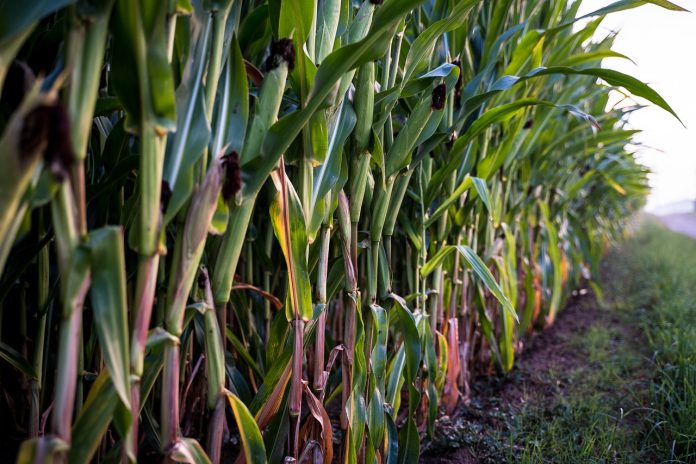I hope each of you had a great Labor Day weekend. It won’t be long before we are in the fields harvesting.
While the crops in our neck of the woods look really good, there is still a lot of uncertainty in agriculture. As farmers, we expect volatility from the weather but who would have thought we would see such a decrease in commodity prices in 2018.
We are also in the middle of a trade war with China and a new farm bill is on the horizon. So what are some suggestions for not getting sick from the current volatility?
Push the pencil
I think most farmers have a great handle on the variable costs of producing a crop such as seed, fertilizer, and fuel. Where I see vast differences between farmers is with respect to their fixed costs.
How much does that piece of equipment and its repairs cost you each year? How does this compare to others in the business? Are you benchmarking yourself against others? Should you custom hire some activities?
Marketing also sets farmers apart. The key to surviving in this new normal is to distance ourselves from the bushels per acre or pounds of milk per cow mentality. Instead, we need talk about cost of production and the net rate of return per bushel, gallon, or hundred weight.
I think my colleague Dan Brown stated best when he said “Be a price-enhancer, not a price-settler.”
Get out of your fence row
On Aug. 19 I heard a great speech by Zippy Duvall, American Farm Bureau president at the Cultivating a Cure for Cancer event in Canal Fulton.
One of his points that resonated with me was the need for farmers to get involved outside of their fence rows.
So what did he mean by this? As America gets further and further from the farm, so does their knowledge of farming. It is so important for all of us, not one or two, to share what goes on between our fence rows.
Zippy cited the importance for farmers to not only help educate consumers but also become active in public policy. I would challenge you to think about how you can help in this area because we need every farmer advocating for agriculture.
Whether it is in our church, in the local barbershop, on social media or at public policy meetings, it is imperative to share how we are being good stewards of our land, animals, and communities.
If we don’t help shape public policy, someone who may or may not understand agriculture will.
Stepping outside the fence row also can be beneficial to your operation in a way that exposes you, the operation manager, to a knowledge base of peer farmers that also strive for the best information.
Getting involved in local Extension meetings, county Farm Bureau or Farmers Union meetings, state commodity boards all increase immersive education.
Stay informed
Now is not the time to disappear into harvest and to tune out the world. I hope to see many of you at the Farm Science Review on Sept. 18-20 in London, Ohio.
While you are there, I would encourage you to take a break from looking at the new paint and attend a few of the “Ask the Expert” sessions. Just head to 426 Friday Avenue, grab a seat and listen to experts from Ohio State & Purdue discuss today’s hot topics.
This year’s topics include discussions on the farm bill, grain market outlook, trade policy, estimations for crop profitability, farm leases, estate planning, cash rents, farm custom rates, and farm leases.
Panelists will be interviewed in 20-minute time slots each day. Just enough time to eat a nice Bahama Mama sandwich, rest your feet, and to keep abreast of our ever-changing ag industry.
You can visit one-one-on with our experts in the Firebaugh Building during the day as well. I hope to see you there.
And if you have an extra Bahama Mama, I will be moderating these sessions (hint).
•••
To close, I would like to leave you with a quote from German economist Klaus Schwab: “Change can be frightening, and the temptation is often to resist it. But change almost always provides opportunities — to learn new things, to rethink tired processes, and to improve the way we work.”
Have a good and safe day!













